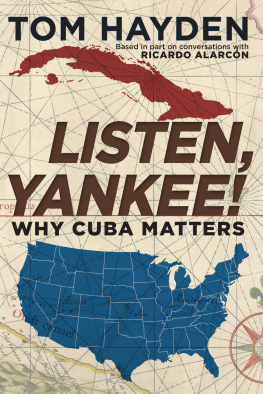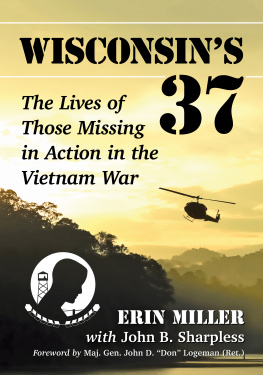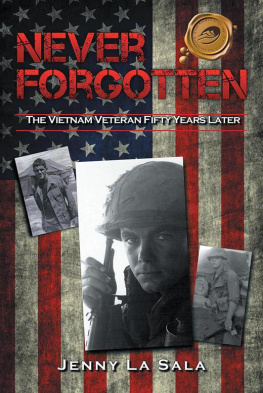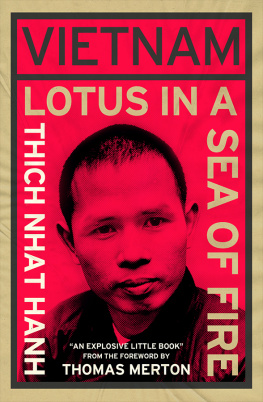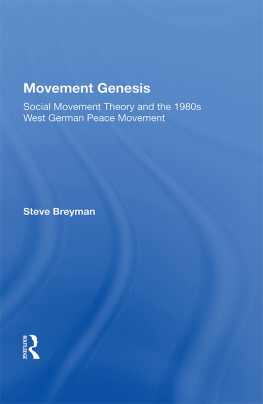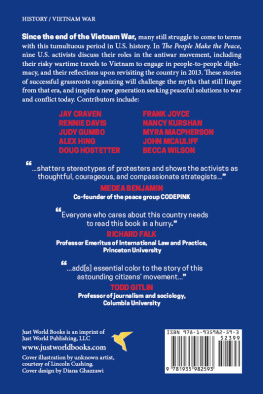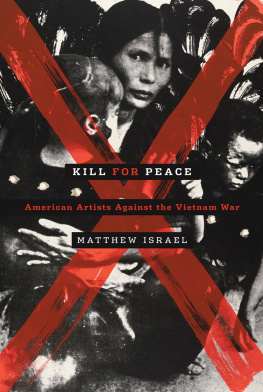HELL NO
Also by Tom Hayden
The Other Side (with Staughton Lynd) (1966)
Rebellion in Newark: Official Violence and Ghetto Response (1967)
Rebellion and Repression: Testimony by Tom Hayden Before the National Commission on the Causes and Prevention of Violence, and the House Un-American Activities Committee (1969)
Trial (1970)
The Love of Possession Is a Disease with Them (1972)
Vietnam: The Struggle for Peace, 19721973 (1973)
The American Future: New Visions Beyond Old Frontiers (1980, 1999)
Reunion: A Memoir (1988)
The Lost Gospel of the Earth: A Call for Renewing Nature, Spirit and Politics (1996)
Irish Hunger: Personal Reflections on the Legacy of Famine (1998)
The Zapatista Reader (2001)
Irish on the Inside: In Search of the Soul of Irish America (2003)
The Port Huron Statement: The Visionary Call of the 1960s Revolution (2005)
Radical Nomad: C. Wright Mills and His Times (2006) Street Wars: Gangs and the Future of Violence (2006)
Ending the War in Iraq (2007)
Voices of the Chicago 8: A Generation on Trial (2008)
Writings for a Democratic Society: The Tom Hayden Reader (2008)
The Long Sixties: From 1960 to Barack Obama (2009)
Inspiring Participatory Democracy: Student Movements from Port Huron to Today (2012)
Listen, Yankee! Why Cuba Matters (2015)
HELL NO
THE FORGOTTEN POWER OF THE VIETNAM PEACE MOVEMENT
TOM HAYDEN

Published with assistance from the foundation established in memory of Calvin Chapin of the Class of 1788, Yale College.
Copyright 2017 by Tom Hayden. All rights reserved.
This book may not be reproduced, in whole or in part, including illustrations, in any form (beyond that copying permitted by Sections 107 and 108 of the U.S. Copyright Law and except by reviewers for the public press), without written permission from the publishers.
The author is grateful to The Nation magazine, where a portion of this book appeared, in slightly different form, in the issue of March 10, 2008, under the title The Old Revolutionaries of Vietnam.
Yale University Press books may be purchased in quantity for educational, business, or promotional use. For information, please e-mail (U.K. office).
Set in Electra type by Tseng Information Systems, Inc.
Printed in the United States of America.
Library of Congress Control Number: 2016951994
ISBN: 978-0-300-21867-1 (hardcover : alk. paper)
A catalogue record for this book is available from the British Library.
This paper meets the requirements of ANSI/NISO Z39.48-1992 (Permanence of Paper).
10987654321
To the millions who protested the Vietnam War.
Long live their memory.
Contents
Introduction
ON JANUARY 13, 2015, I drove from our nations capital across its historic bridges to a cold parking lot at Fort Myers, Virginia, where I felt jarred at seeing the vast hillside of solemn gravestones
honoring those Americans who had sacrificed everything in our nations wars, including fifty-eight thousand who perished in Vietnam, Laos, and Cambodia. I had visited Arlington many times before, helping kids find a sign of their grandfathers, sitting by Bobby Kennedys simple cross, or taking in the John Kennedy memorial site with its eternal flame. I had been to Maya Lins Vietnam Veterans Memorial wall many times as well, a gleaming black gash in the green earth surrounded by long and quiet lines of veterans, their families, and countless people who needed a connection, perhaps a catharsis, with lost soldiers they had known, or maybe were being touched by for the first time. Being there, surrounded by huge memorials to victims of other assassinations, especially the monuments to Dr. Martin Luther King Jr. and Abraham Lincoln, made me feel grounded in grief.
But I could not linger as long as I would have liked. I was here to talk to the Pentagon. With me was David Cortright, who had been an active-duty soldier in 196869 at Fort Hamilton, and who chose to oppose the Vietnam War and to organize GIs. Growing up a son of the Midwest Catholic working class he, like me, had no previous political involvements. He was now the director of Policy Studies at Notre Dames Kroc Institute for International Peace Studies and the author of the definitive history Soldiers in Revolt: GI Resistance During the Vietnam War. David was our leader in initiating this attempt at honest dialogue with the Pentagon. His associate Terry Provance, an ordained minister with the United Church of Christ and lifelong peace activist, cleared our way into the building. We were joined by John McAuliff, long affiliated with the Quaker-inspired American Friends Service Committee and now a leading figure in peace and reconciliation efforts between the United States, Vietnam, and Cuba, and by Margery Tabankin, who grew up in the Weequahic neighborhood on the white suburban border of the Newark ghetto where I, in 1967, knocked on poor peoples doors with the Newark Community Union Project, sponsored by Students for a Democratic Society (SDS). She had migrated to the Madison campus of the University of Wisconsin during a time of mass antiwar confrontations. Both of us were on accelerating learning curves: she went from student government to the presidency of the National Student Association, whose mandate at the time was to sever its hidden connection to the CIA that had just been exposed by Ramparts magazine. Later she would spend years learning the politics of solidarity movements, political campaigns, lobbying Congress, and building broader coalitions with Democrats, feminists, and the clergy, until the day the Contra Wars in Nicaragua ended and the Sandinistas won their first national election. She went on to found the Hollywood Womens Political Action Committee with Jane Fonda, Barbra Streisand, Paula Weinstein, Marilyn Bergman, and many others, raising money and publicity for countless Democratic candidates and progressive causes. Also joining us that day was Heather Booth, a successful organizer and trainer of new organizers over the past fifty years. In the wings to report any newsworthy developments was Ira Arlook of Fenton Communications.
Precisely on time, we walked through the doors of Fort Myers Communications Center Building 405, entering a hallway full of soldiers coming and going, playing video games, reading, and hanging out. We were greeted by the Pentagon team, led by retired colonel Mark Franklin, chief of the History and Legacy Branch at the Pentagons Vietnam Commemoration office, a crisp, buttoned-down veteran of three decades of military and policy experience, mainly in Korea. With him was Phil Waite, a communications specialist, and the affable former war correspondent Joseph Galloway, the kind of guy you could swap stories with all day. Joe had spent many years reporting from Vietnam and written the best-selling We Were Soldiers Once... and Young, coauthored with Lieutenant General Harold Moore, about the 1965 battle in Vietnams Ia Drang Valley. Now, Joe was involved in a project to document the lives of Vietnam vets on tape. It was a massive undertaking and the challenge was daunting. Of 9 million Vietnam veterans, he said, 6 million had already passed away, and the losses were accelerating as time passed. Marge Tabankin immediately offered to help raise funds and open Hollywood doors to expedite Galloways project.
Next page

